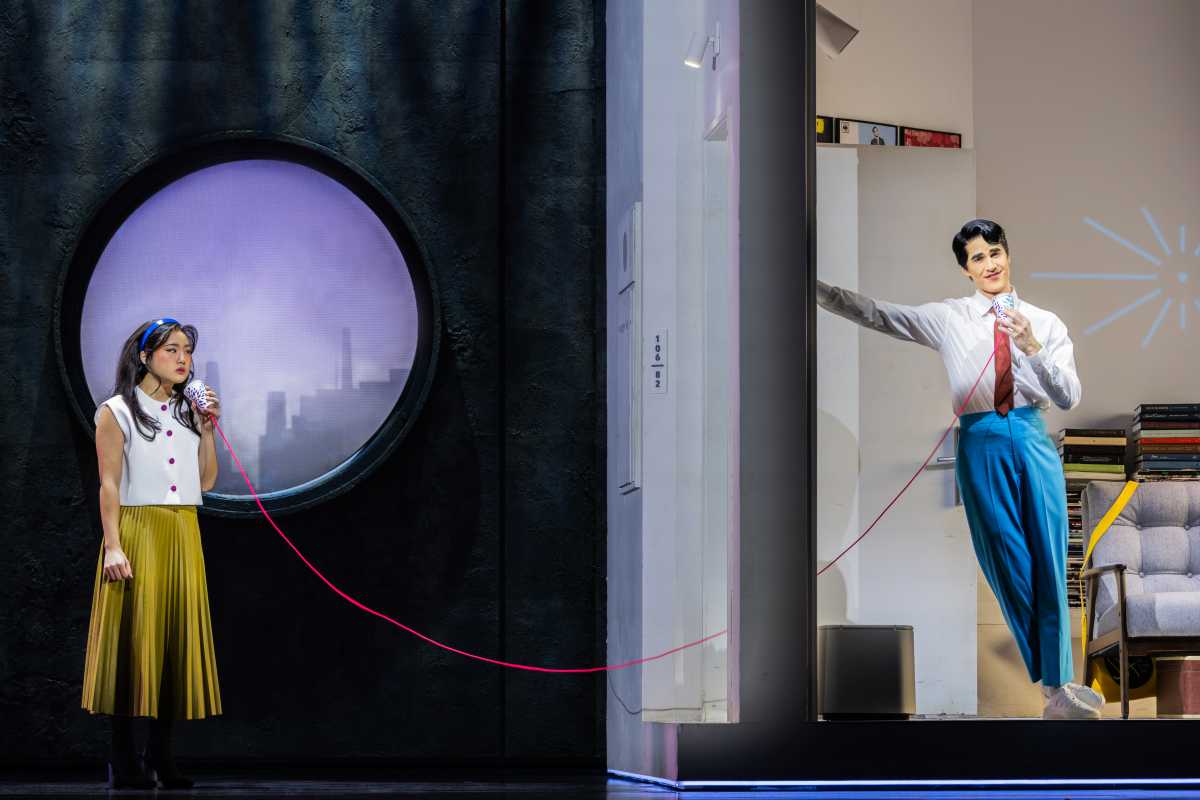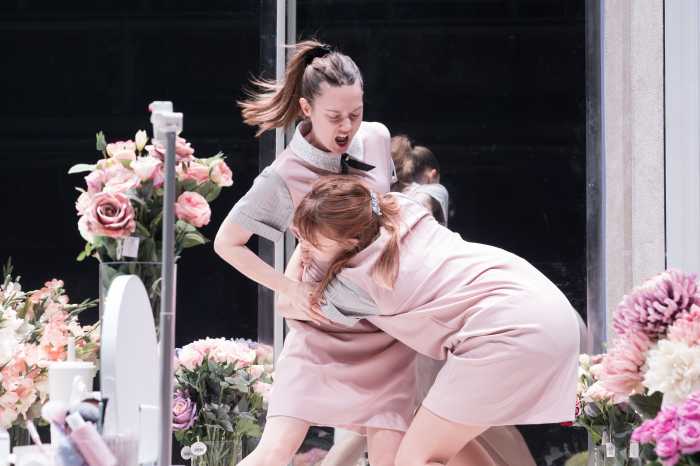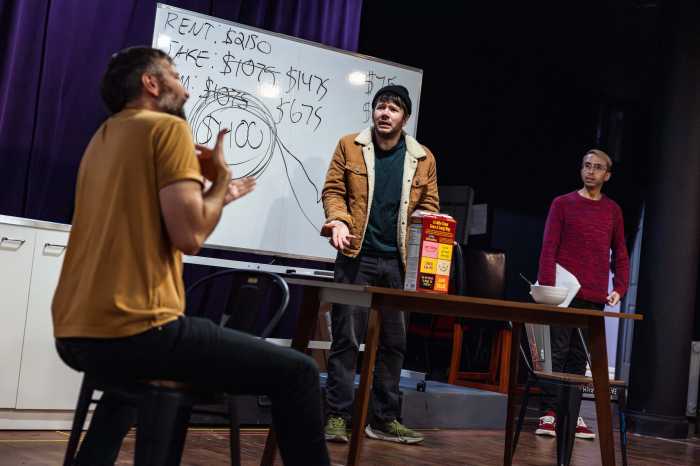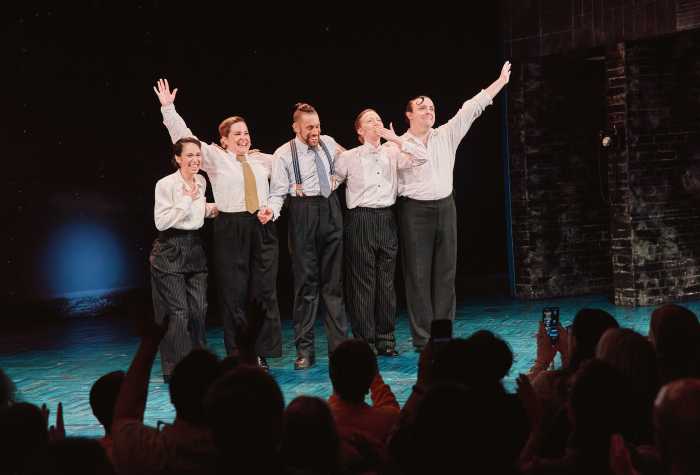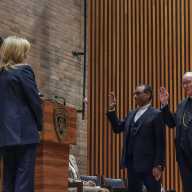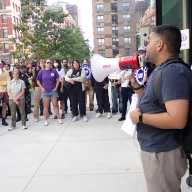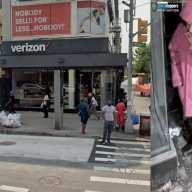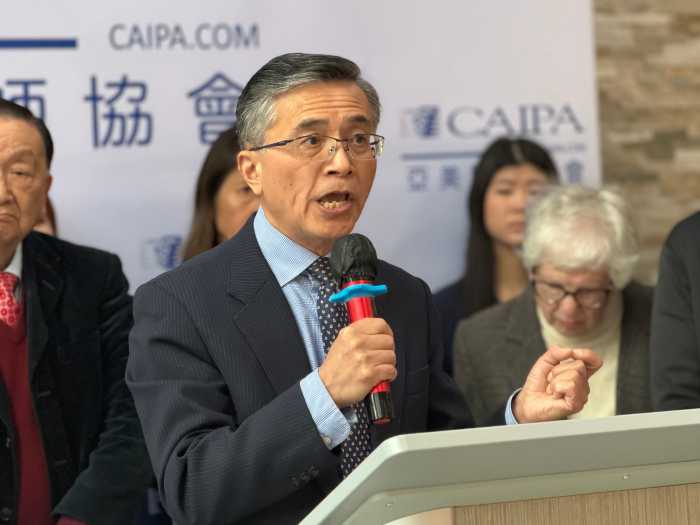Since last week’s coverage of the announcement that Andrew Barth Feldman, a white actor, would replace Darren Criss in the Broadway musical “Maybe Happy Ending” and the ensuing backlash, additional statements have been released in response.
Criss, who is of Filipino descent, originated the role of Oliver on Broadway and became the first actor of Asian heritage to win the Tony Award for Lead Actor in a Musical for his performance. Feldman’s casting has drawn criticism from members of the Asian American theater community who viewed the show, which was written simultaneously in Korean and English by Will Aronson and Hue Park and first staged in Seoul, as a rare opportunity for sustained Asian representation on Broadway.
Supporters of the casting argue that the role of Oliver, a non-human robot in a futuristic setting, was never intended to reflect a specific racial identity, and point to the creative team’s intent that the storytelling remain open to actors of all backgrounds. Critics, however, argue that regardless of the character’s non-human nature, the decision to replace a barrier-breaking Asian actor with a white successor in a production of Asian authorship sends a disheartening message and reflects a broader pattern in which Asian American performers are passed over, even in stories that originate from their communities.
In a social media post, Park and Aronson offered a more expansive explanation of their decision. They wrote that they envisioned “Maybe Happy Ending” to be “comfortably performed by anyone, anywhere—yet distinctly set in Korea.” They went on to recognize that while Asian representation was not their only goal, they understand its significance: “we’ve heard how strongly people connected to that representation… and how this casting decision has re‑opened old wounds.”
Helen J. Shen, who continues in the role of Claire and is Feldman’s real-life partner, addressed the controversy in a post. “I know the hurt that people feel…A part of me is mourning that along with the community,” she wrote. “This conversation will live much longer than the existence of our show, and I hope to talk about my experience within this moment in time as I keep reflecting on it and learning from it.”
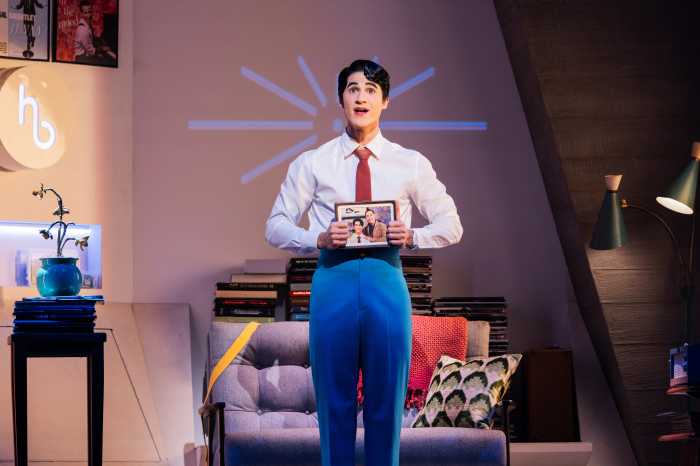
The Asian American Performers Action Coalition (AAPAC) released a statement calling the casting “a profound disappointment” and a precedent that “de-emphasizes cultural specificity and the opportunities for a far too often excluded population of actors that come with it.”
Tony Award winner BD Wong also added his voice, writing “this decision’s still taken as a hard slap in the face of both the Asian actor community and the Asian audience. The long-standing history of exclusion is real. We’re incapable of rising above a producer’s business decision because our life in steeped in exclusion. We can’t receive this news blithely.”
Many industry professionals outside the Asian American community have avoided speaking publicly about the controversy, fearing that doing so could appear dismissive of the legitimate concerns being raised. At the same time, there is a growing sense that the backlash has escalated beyond what the situation warrants. The casting of a fictional robot character, particularly in a production that has consistently featured diverse performers, is being viewed as overly politicized.
The controversy now risks derailing a well-reviewed, well-intentioned original musical at a time when Broadway is already grappling with declining audiences, post-pandemic uncertainty, and shrinking arts funding. With so many existential challenges facing the performing arts, this situation arguably constitutes a distraction that could jeopardize a production widely regarded as having contributed to inclusion, not undermined it.
As Christopher James Tamayo, a standby in the show, wrote on social media, “I fear the online discourse has lost the plot. In trying to highlight a larger issue, it is inadvertently undermining the very thing that we want to hold dear and preserve for opportunities for all of us.”



